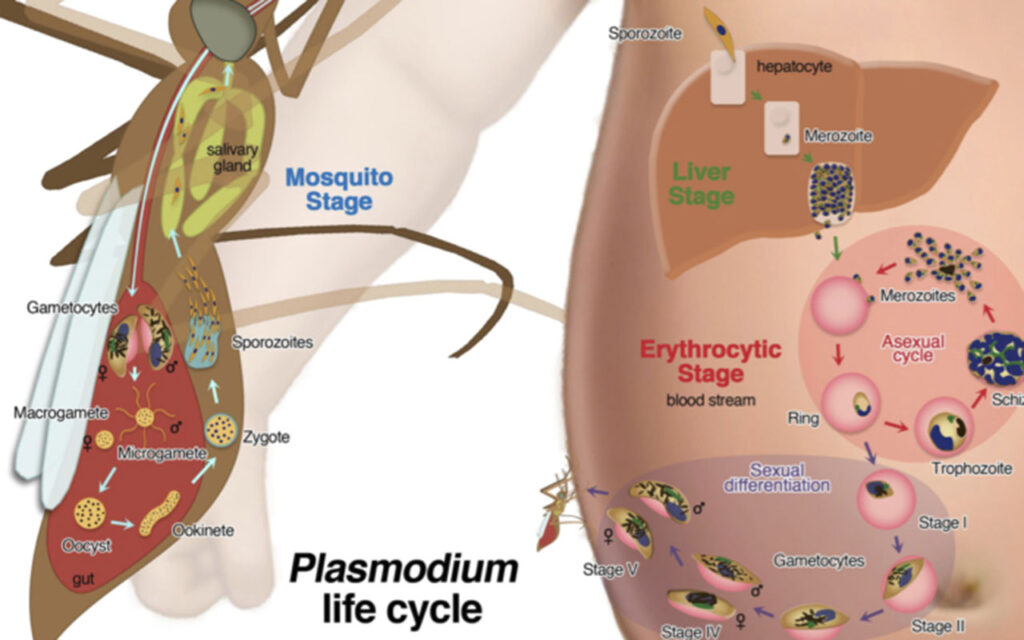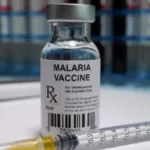 The ongoing funding and persistent political commitment to the prevention and control of malaria have made researchers develop cutting-edge biotechnology that will add new tools to the struggle against malaria. One of the tools being adopted is gene drive, writes FELICITAS OFFORJAMAH.
The ongoing funding and persistent political commitment to the prevention and control of malaria have made researchers develop cutting-edge biotechnology that will add new tools to the struggle against malaria. One of the tools being adopted is gene drive, writes FELICITAS OFFORJAMAH.
Scientists are planning the introduction of gene modification that increases the resistance of mosquitoes to the malaria parasite, making them less susceptible to infection and reducing their ability to transmit malaria to humans.
The World Health Organisation had set goals to cut malaria death and incidence by 90 per cent by 2030 and 75per cent by 2025 and in achieving this aim, the organization had encouraged a significant shift, requiring more funding, a stronger political commitment, data-driven tactics, and cutting-edge technologies.
The programme, led by the Bill and Melinda Gates Foundation, aims to eradicate malaria by utilising a variety of approaches, including medication accessibility, mosquito population reduction, and technological advancement.
Genedrive is one of the fruits of this programme and the future looks promising for African countries including Nigeria. The gene drive hampers the insects’ capacity to reproduce. According to a modest lab research, gene drive eliminated captive populations of mosquitoes in eight to twelve generations. The technology continued to function in the spacious cages in Terni, Italy in 2021.
According to the Head of the Secretariat for the African Genetic Biocontrol Consortium, Willy Tonui, this gene drive might be prepared for testing in the wild in as little as five to ten years. “Unlike vaccines which are taken to stimulate the body’s immune response against diseases, Gene drives are what you use in effecting changes in genetic make-ups in an organism, a form of genetic multiplication.”
Still, at the laboratory level, Tonui said that this new biotechnology has the potential to save lives. In an interview with the Guardian, he revealed that the gene drive is an intervention for malaria control that should be embraced and thoroughly experimented on by experts would be a breakthrough in the fight against malaria.
Speaking on the benefits of the Genedrive, the Director of the non-profit GeneConvene Global Collaborative, Michael Santos, said that the new biotechnology under development has the potential to reduce the spread of malaria without costing individual residents money. In an interview with The Guardian, Santos revealed that the gene drive is one of the best technological innovations for the fight against malaria.
However, as positive as the gene drive might be, there seems to be a shady area. The ethical concerns of the adoption of gene drives especially in African countries have raised eyebrows.
Barbara Ntambirweki of the AfriTAP/ETC Group and Civil Society Digital Practitioner at Stanford University said that there is lack of transparency about ongoing trials taking place. She said that communities are being paid to expose their legs to potentially collected mosquito bites unethically.
“Nigeria which has the highest malaria rate globally may be a potential target for the experiments on the continent; hence the media has to spotlight the ethical questions that the research organisations will prefer to hide.”
Executive Director, Renevyln Development Initiative (RDI), Philip Jakpor, warned that Nigeria, with its huge population of more than 230 million people is a potential testing ground for gene drives. “Nigeria, the country with the highest malaria rate in the world, might be the chosen location for the experiments on the continent.” Also, in research by Ricardo et al, the gene drive interferes with the climate and causes changes that might be detrimental.
Responding to the controversies around the technological attempt to control malaria, Tonui said that whenever a new technology or vaccine is about to be introduced, there’s always fear and skepticism.
“Whenever there is a new technology, there’s always that misplaced thinking and gene drive is one of them. You remember when we had vaccines against COVID-19; there were a lot of issues that were spread around the continent.
Head of Information and Communications at the National Biosafety Management Agency (NBMA), Gloria Ogbaki, said that the use of biotechnology is regulated in the country. “Nigeria is a signatory to the Cartagena protocol, which has led to the establishment of the National Biosafety Management Agency. The agency was set up through an act of parliament in 2015 and mandated to put in place the regulatory and administrative frameworks for the regulation of modern biotechnology and its products.
“The agency is the national competent authority on issues of modern and emerging technologies and its products. The Act was also amended in 2019 to include the regulation of genome editing, synthetic biology, gene drives and to put measures in place to ensure biosecurity. With the amendment, the scope of the Agency’s mandate has widened in this regard.”
Ogbaki said Nigerians should not be sceptical about how safe gene drives are as the agency is working assiduously to develop its regulations on gene drives. “The agency has competent officers who have been trained both locally and internationally. We are putting measures in place to ensure the adequate regulations of gene drives.”
This article has been updated to remove some quotes attributed Michael Santos.













